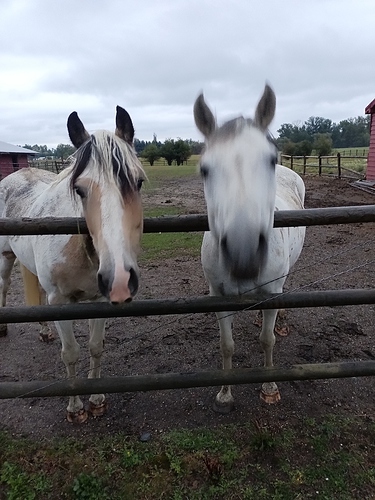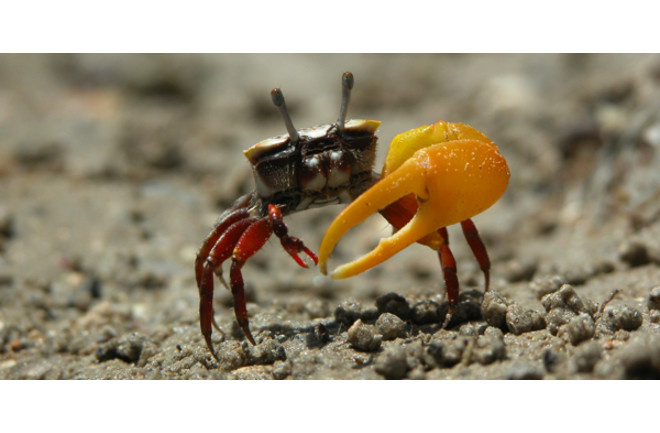This just popped up in my FB feed and I thought of this thread:
(From Shelley Appleton Calm Willing Horses/2020)
Is Your Horse Your Child, Partner, Friend, Team Member………or Spiritual Healer?
Last week I created a poll to find out how horse people related to their horse and let them select from friend, team member, child, student, employee, client or “other” (which they could describe). Then I asked them to explain why they had made this selection.
The results where fascinating.
Over a third of people related to their horse as a team member (36.7%). Typical reasons for choosing this type of relationship identified the need to work together, for good communication and responsiveness from the horse. People also tended to describe how much they cared and loved their horse; however, commonly referenced the need for boundaries to establish trust and safety. Below is an example of a quote from a respondent who selected “team member”:
“Because only when we are working together are we on the same page. Doesn’t stop me loving him to bits, but we need do need this team unity along with boundaries on both sides”.
Sitting in second place was people who related to their horse as a friend (29.2%). These people tended to identified reasons such as enjoying the horse’s company and how the horse made them feel better (generally happier, less anxious etc.). People also tended to describe how the relationship was based on “equality”. These people regularly described how they loved their horse and enjoyed their company, and many considered the horse felt the same way and these sentiments where reciprocated. Below is an example of a quote from a respondent who selected “friend”:
“Friendship is about being equal. Both parties give and both receive. You love and support each other, and you work together in harmony to ensure the best for both of you. It’s about love, trust, honesty and empathy”.
Sitting in third place in the results were people that selected “other” (18.5%). These included descriptions such as “partner” (17 votes), “Horse” (8 votes), “Teacher/coach”(8 votes) and family (4 votes). Other interesting ideas include “part of me”, “a gift” and “spiritual healer”!
The people that described “partner” gave reasoning that tended to emphasize communication and partnership “roles” that needed to be taught and maintained. Those that described that they related to their horse as a “horse” highlighted their belief that we should not anthropomorphize the horse. In other words, not attribute human characteristics or behaviour to the horse. Therefore, it could not be a “friend, child, employee” etc. These people related to the horse as an equine, a species with specific characteristics that needed to be understood and respected in order to train ethically and to keep the horse mentally and physically healthy.
Those that described “teacher” described how their horse had taught them virtues such as patience and empathy but had also given them insights into their emotional selves. In doing so their horse had not only made them better with horses but had improved their lives.
Sitting in fourth place were those that related to their horse as if it was their “child” (10.7%). These people tended to emphasize the need to protect, care and nurture the horse. Whilst many described their horse as their “baby” that they loved and had bonded with, other described how they had selected “child” because they felt a responsibility similar to a parent, of preparing the horse for the human world which included nurturing and educating the horse. Here are two quotes from respondents showing this diversity of reasoning:
“He is fearful, and I help him feel less fearful”
“Because I love them unconditionally but also need to instill good manners and teach them appropriately how to behave”
Next in the results were people that described the horse as their “student” (4.3%). These people focused on the need to “teach” horses what was expected of them. They didn’t assume the horse knows or understands what is required of them unless communication and education are involved. These people tended to acknowledge that the horse is always learning from us. For example:
“I feel am always teaching my horse and helping them to learn. Helping them work through their anxiety and learn a job. And I always keep in the back of my mind I can teach them bad habits as well as good”.
Only two people related to their horse as an employee (0.7%) and no one related to their horse as a “client”. The people that related to their horse as an employee describe the horse as doing a “job” or that the relationship was transactional, for instance:
“Unfortunately, because I am getting my horse to do something, they might not be entirely willing to do but do it anyway. In return they get food, shelter, expensive rugs, floats, massages and have someone constantly worrying about them”.
It is interesting to note that several people explained why it was hard to select just one response as the way they related to their horse was complex. Here is a great explanation of this by a respondent:
“There are probably aspects of all of those options that apply to my relationship with my horses. My horses are my friends - I love just hanging out with them in the paddock & ‘catching up for a chat’. They are also like my children - it is my responsibility to discipline; instill standards and manners; to socialise them and to ‘raise’ a nice horse that can fit in; and cope with what life can throw at them. They are my students - I can teach them. But just like I can teach them they can also teach me. This is why I’ve picked ‘team member’ to best describe my horse’s relationship with me. We work together as a team to take part in all the things we both enjoy and I prefer to encourage them to do better rather than force them”.
Finally….WHY is this important? Why I am bothering to explore how people relate to their horse?
It is because people filter information about how to work with horses through a lens of how they see their horse. When we ride a horse we are requiring them to do something that is unnatural for them and that if they are not prepared physically and mentally for the task they will find it uncomfortable. The complication is that to prepare a horse physically and mentally requires the horse to learn and do unnatural things which can, at times cause discomfort! It is similar to us having to go to the gym, yoga, pilates and going for a run to get fit and strong….all these things have a degree of discomfort whilst we get stronger and fitter! Therefore, the process of getting gymnastically fit involves a degree of stress that is unavoidable but because we are human we are able to understand why we are doing it and the purpose of the discomfort. Horse’s don’t understand that gymnastic exercise is for their long-term benefit. They just get to experience what it feels like and at times, especially in the early stages or after having time off, getting fit can be stressful. This can trigger negative emotions and associated behaviour. If you relate to your horse as a child, a friend etc. how do you interpret this negativity from the horse. Do you back off to “protect” the horse from upset because you see your horse a “child”. Or do you stop because you are worried they will not “like you” as friend? How we relate to the horse has a massive impact on the decisions we make that impact the well being of the horse and its ability to feel comfortable when being ridden!
Therefore, by understanding better the different ways people relate to their horse allows two things. Firstly, it allows people to become AWARE of how they relate and how that might be impacting their actions around their horse. Secondly, it helps coaches tailor information for people’s perspectives. For instance, the “parent” will be motivated to help their horse be healthy and strong to protect them. The “friend” will be motivated to help their horse get fit so they can enjoy their time together better. Therefore, it can help in the teaching of people who can then help their horse’s more effectively!
Thank you to everyone that participated in the poll. Stay tuned for the next set of results!
Thanks again to Yvette Borthwick from Wywurrie Equine Services for the beautiful photo of Anita and Frankie from one of my clinics in Wagin <3
 it was abundantly clear that the entire claw was gone. Bandage and all you could tell there was no structure of any kind left. It would be like lopping off the entire foot of a horse. There was literally nothing left to regrow. Not a resect or sloughing of the hoof capsule - the entire thing was gone.
it was abundantly clear that the entire claw was gone. Bandage and all you could tell there was no structure of any kind left. It would be like lopping off the entire foot of a horse. There was literally nothing left to regrow. Not a resect or sloughing of the hoof capsule - the entire thing was gone.






